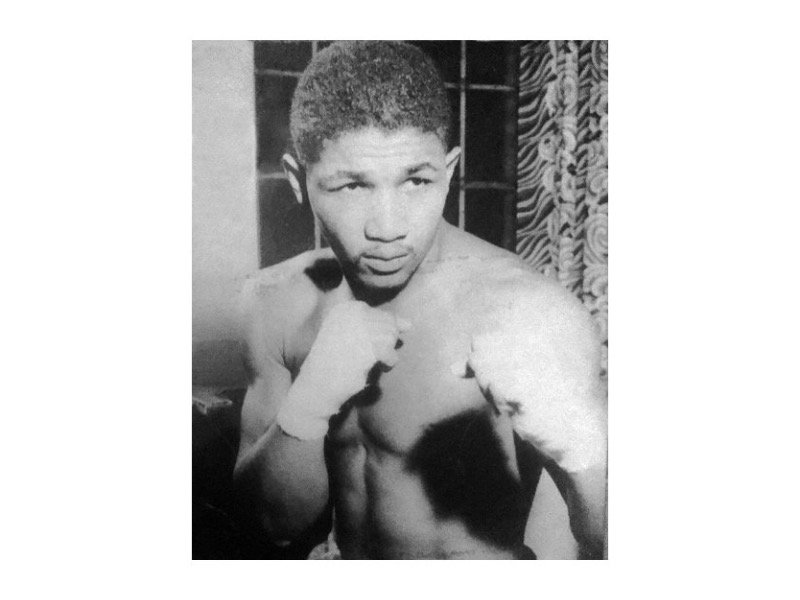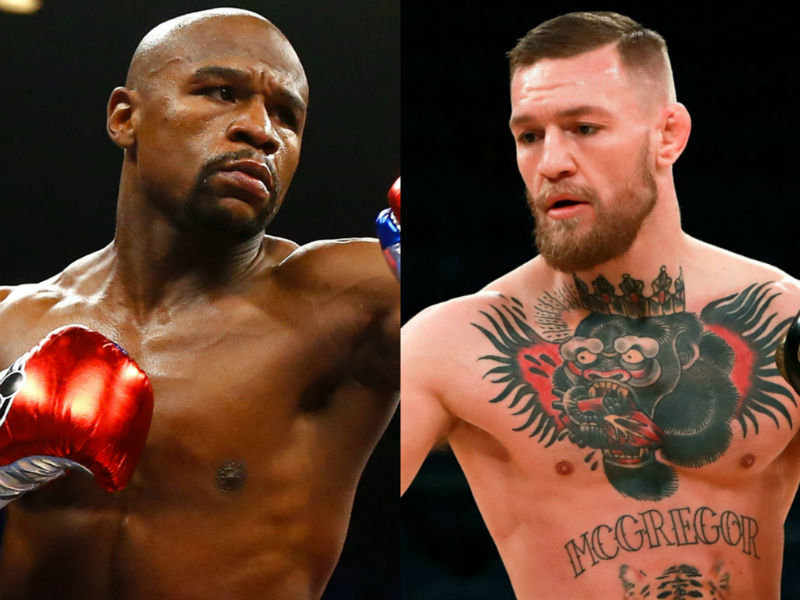The mark British light-welterweight Jerome Wilson hoped to make in boxing, until he left the ring on a stretcher in his 11th pro fight last year, is now indelibly etched with "Wiped Out? The Jerome Wilson Story," co-authored by Wilson and Mark Turley and available from Pitch Publishing Ltd. It’s a compellingly honest and harrowing 256-page account of Wilson’s life before and after he woke up from a 10-day coma with his brain bulging out where surgeons had permanently removed a quarter of his skull.
Wilson was punched into the coma in the sixth round of his Sept. 12, 2014 fight with Serge Ambomo, a rematch of their torrid first match several months earlier. As he lay on the canvas, Ambomo knelt down, planted a derisive kiss on Wilson’s head and then made a triumphant throat-slashing gesture to the crowd. He was suspended and fined, and hasn’t fought since.
"What is indisputable," writes Mark Turley in his afterword, "is that these two intense bouts exemplified what fight fans find so thrilling and outsiders find so horrifying ... One ended up with a quarter of his skull missing and his life hanging by a thread. His livelihood gone, he now fights only for his sanity. The other faces poverty, unable to practice the only profession he knows."
On the first day of their collaboration on the book, Turley couldn’t keep his eyes off the "mango-sized indentation" in Wilson’s skull where the skin "sagged down like a parachute caught between two trees." When Wilson spoke, "I could actually see his brain undulate."
Turley speaks for me when he writes, "For various reasons, boxing is a part of me that I cannot let go." But his book epitomizes why, after more than a half-century of seeing many friends and idols enfeebled and embalmed before their time, I now only write about fighters who can’t be hurt anymore.
Jerome Wilson’s comeback at age 30 has been remarkable. But he suffers from depression and headaches so severe, "sometimes it feels like my brain’s so swollen it will pop out of my head on to the floor." He’s forgetful, often unfocused and haunted daily by the possibility, "that I (will) lose my mind by middle age, become unaware (and) that there (will) be no more moments of beauty."
"I began boxing as a teenager aiming for glory," he says, "but there’s no glory in sitting indoors all day with a quarter of your head missing."
Congratulations to Wilson and Turley on a book that should be handed out with every professional boxing license, because, as Turley says, "No one should walk toward the sound of the guns blindfolded."
Pitch Publishing Ltd is donating all profits from the sale of "Wiped Out?" to Jerome Wilson.
Years ago, I wrote about Alejandro Lavorante, a 1960s Argentine heavyweight contender who fought Archie Moore and Muhammad Ali, and ended up in a brain-damaged netherworld for two years until he mercifully died. As they stripped his ring gear off at the hospital before his brain operation, a nurse saw the leather cup covering Lavorante’s privates and sighed, "I guess they protected the wrong end."
Which brings me to Luis Feliciano, the 22-year-old Milwaukee amateur boxer and recent Marquette University graduate who got a big media sendoff this month en route to the U.S. Olympic Trials in Reno.
"Feliciano's ultimate goal," wrote Journal Sentinel sports columnist Gary D’Amato, "is to turn pro and become a world champion like his hero, Puerto Rican icon Felix Trinidad. Plan B is putting to use his degree in criminology and law studies."
Feliciano's focus and attention on not only boxing, but toward his education as well, reminded me of an interview I once did with West Coast boxing legend Ray Lunny Jr. In the 1930s and '40s, he was a slick contender for the lightweight championship of the world. Later Lunny was the longtime coach of the boxing team at Stanford University.
When I asked if any of his Stanford boxers had gone into professional boxing, there was a long pause. Then Lunny answered:
"Anyone with a Stanford education who becomes a professional boxer needs his head examined."







